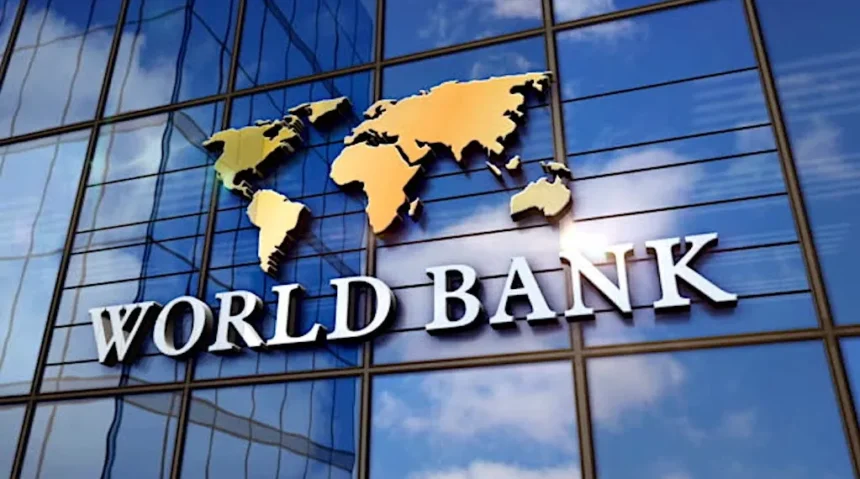The World Bank Group has imposed a 30-month ban on two Nigerian companies, Viva Atlantic Limited and Technology House Limited, as well as their Managing Director and Chief Executive Officer, Mr Norman Bwuruk Didam. This decision comes after investigations revealed fraudulent, collusive, and corrupt activities linked to Nigeria’s National Social Safety Nets Project (NSSNP).
The World Bank’s press release stated that serious violations of the institution’s Anticorruption Framework were uncovered during the procurement and contracting processes involving Viva Atlantic Limited, Technology House Limited, and Didam in 2018. The companies and Didam were found to have falsely declared a conflict of interest in their Letter of Bids and obtained confidential tender information inappropriately from public officials, constituting fraudulent and collusive behavior.
Furthermore, Viva Atlantic Limited and Didam were found to have falsified company records and presented counterfeit manufacturer’s authorization letters. They also engaged in bribery with public officials involved in the project, which qualifies as corrupt activities. These actions directly contravened the principles outlined in the World Bank’s Anticorruption Framework, leading to the imposition of sanctions.
The 30-month ban prohibits Viva Atlantic Limited, Technology House Limited, and Didam from participating in projects and operations financed by the World Bank Group. In order to be released from debarment, all three parties have admitted their wrongdoing and agreed to comply with rigorous integrity conditions.
These sanctions are subject to cross-debarment by other multilateral development banks under the Agreement for Mutual Enforcement of Debarment Decisions signed in April 2010. This agreement ensures that the companies and Didam will be barred from projects funded by other major international financial institutions.
Overall, the World Bank’s decision to ban Viva Atlantic Limited, Technology House Limited, and their CEO Norman Bwuruk Didam underscores the institution’s commitment to combating fraud, collusion, and corruption in its projects. This serves as a warning to other entities engaging in similar illicit activities and reinforces the importance of upholding ethical standards in international development initiatives.








